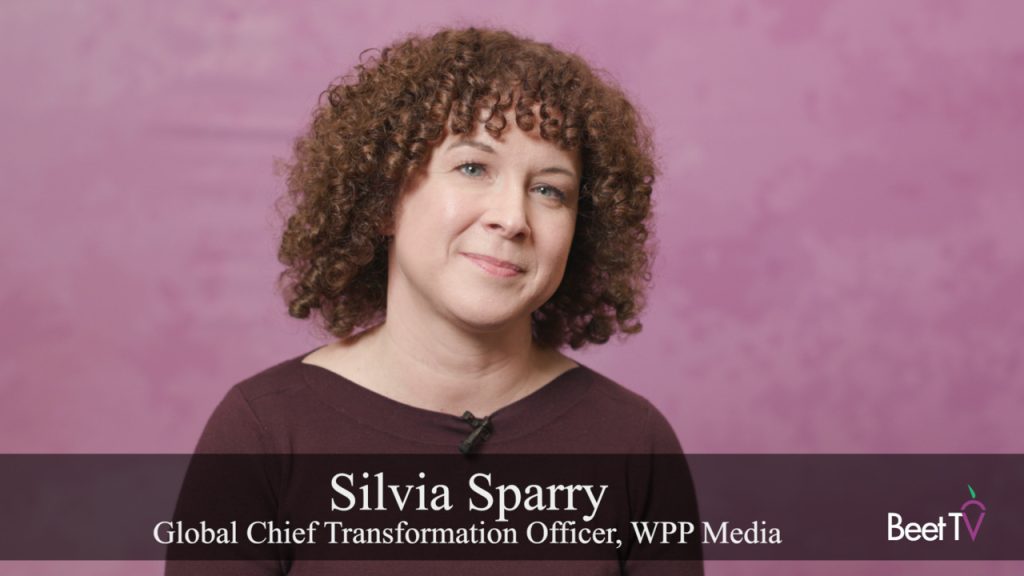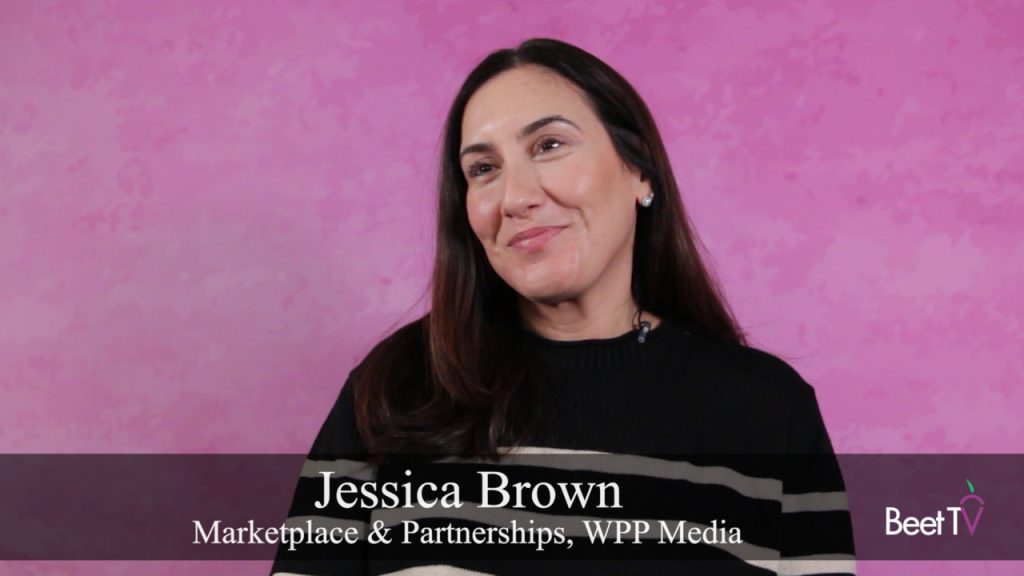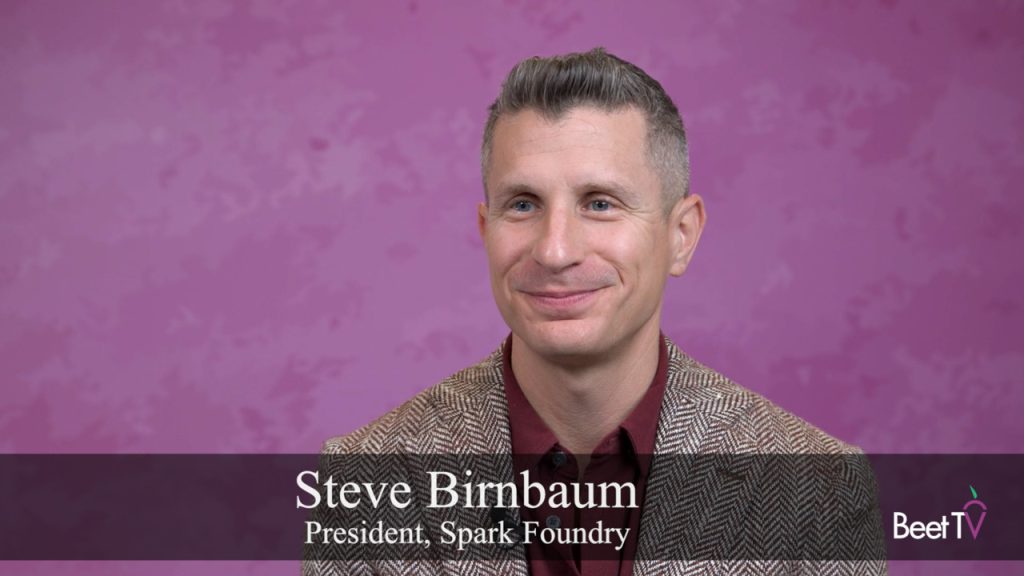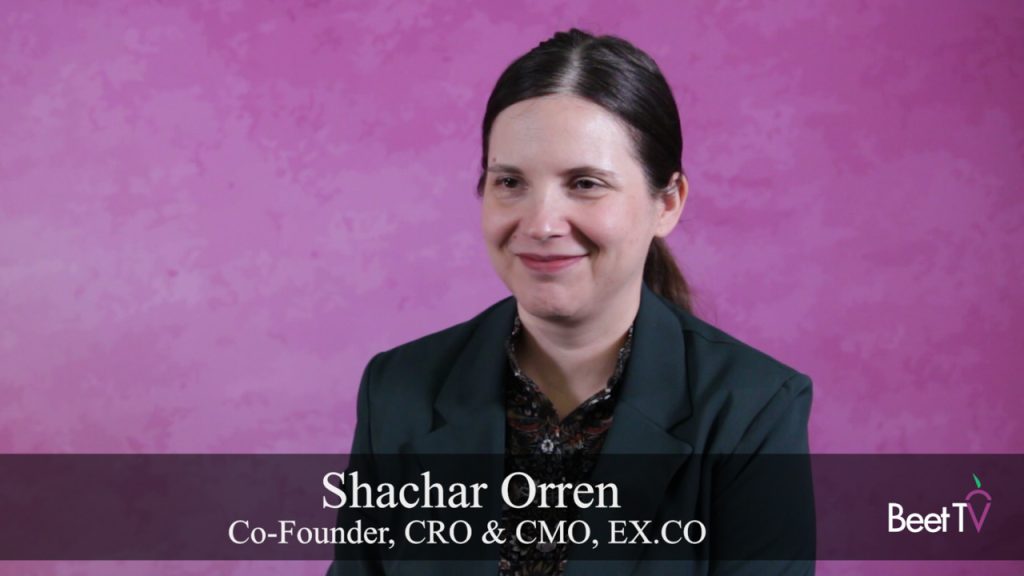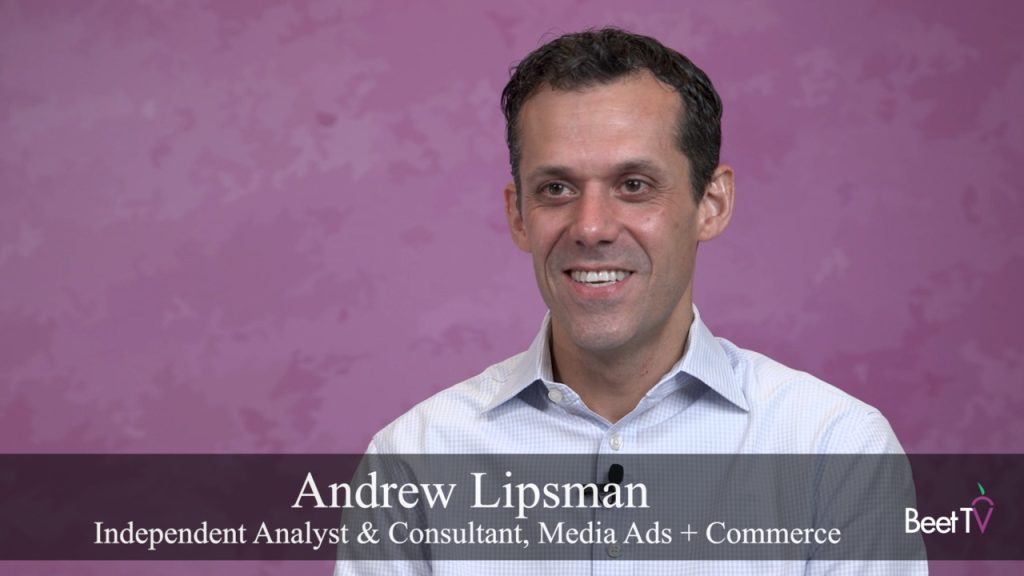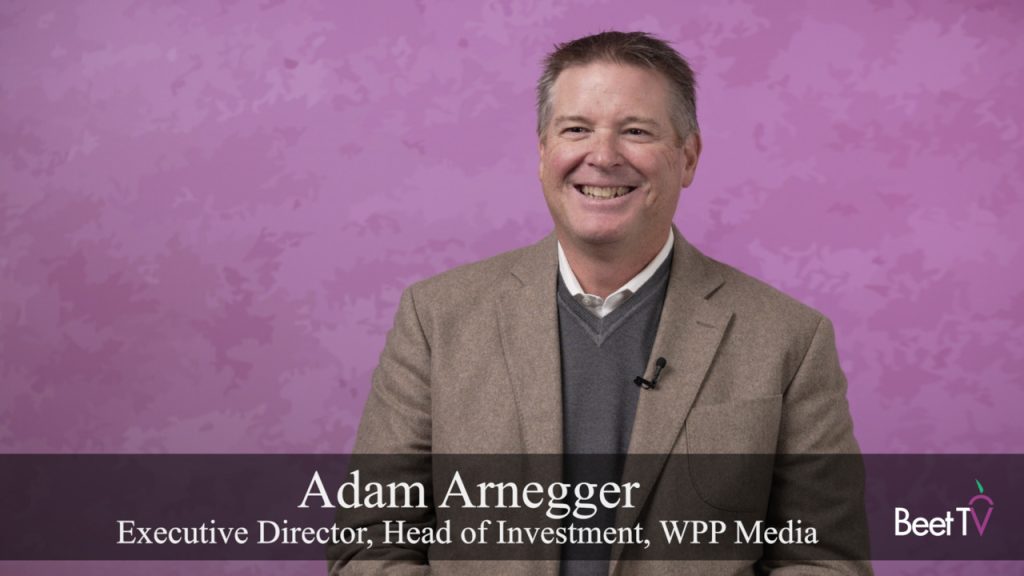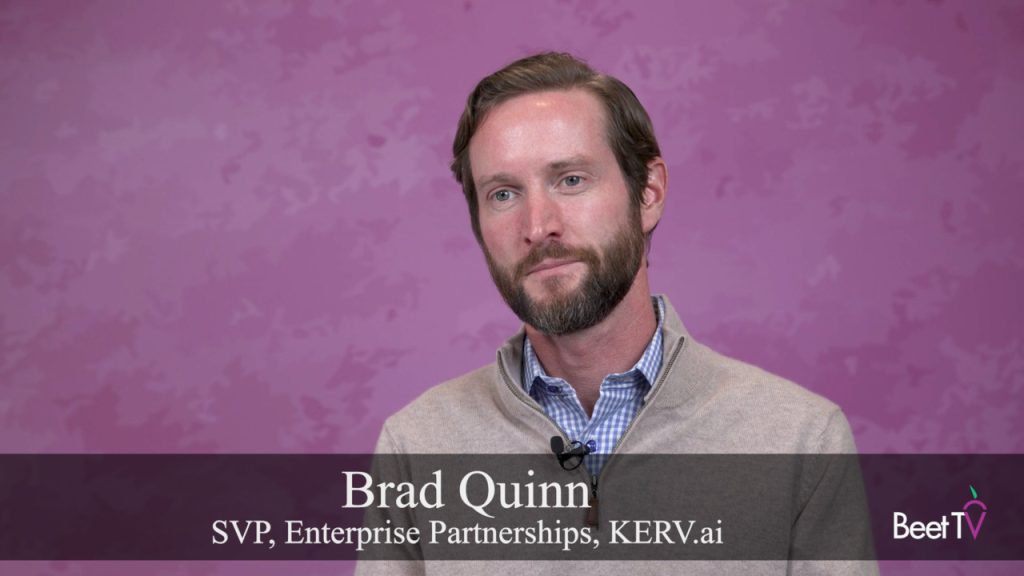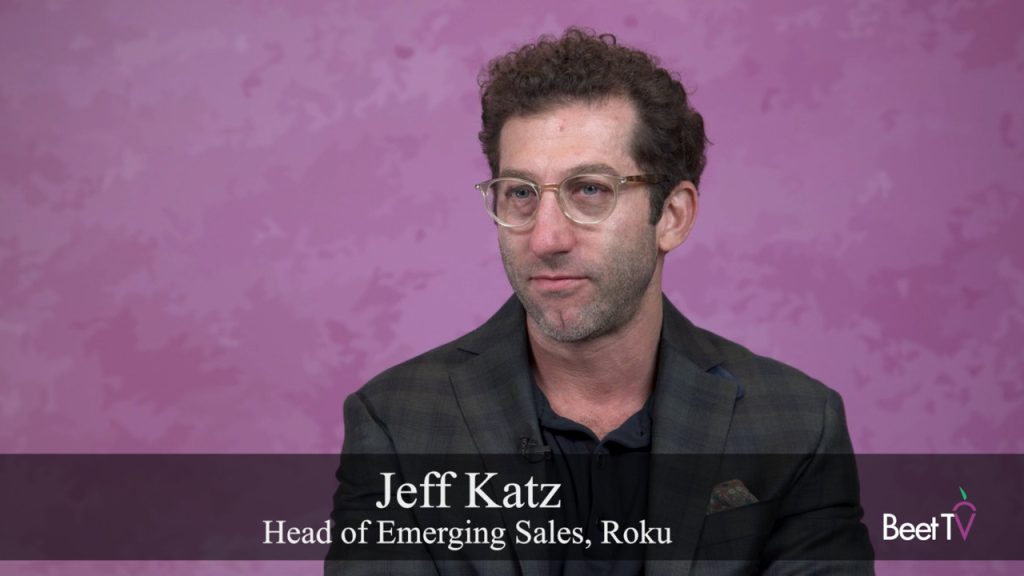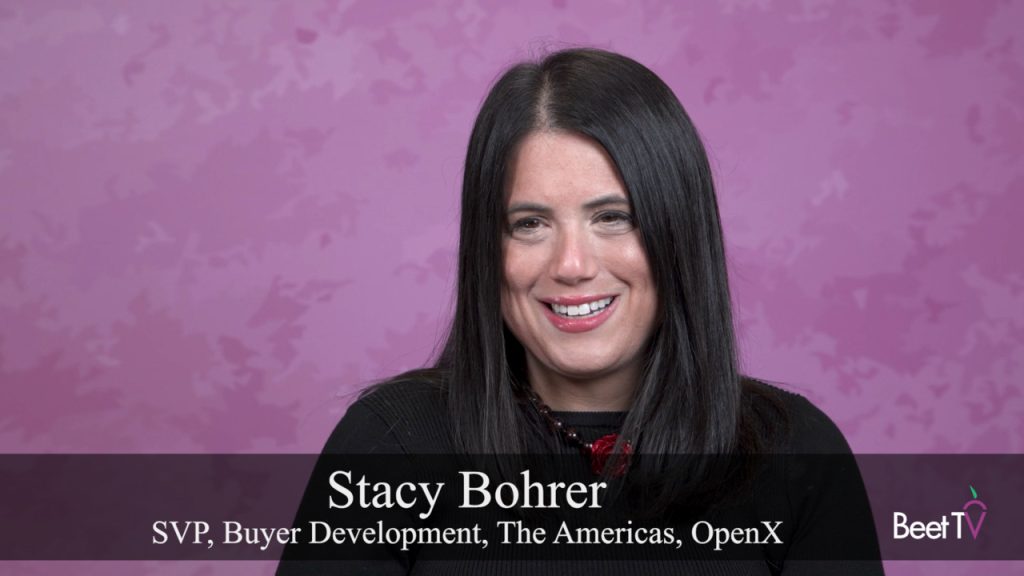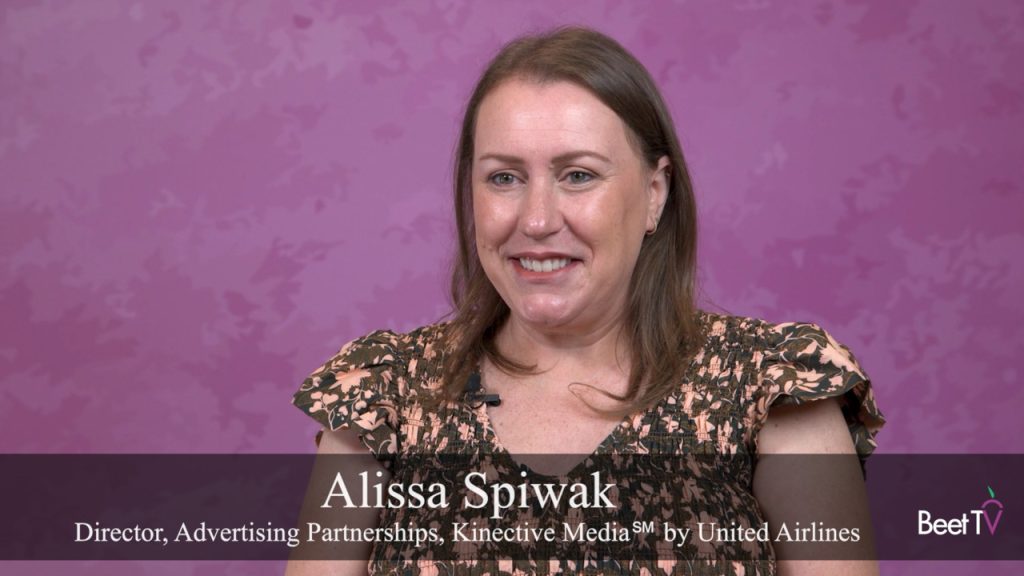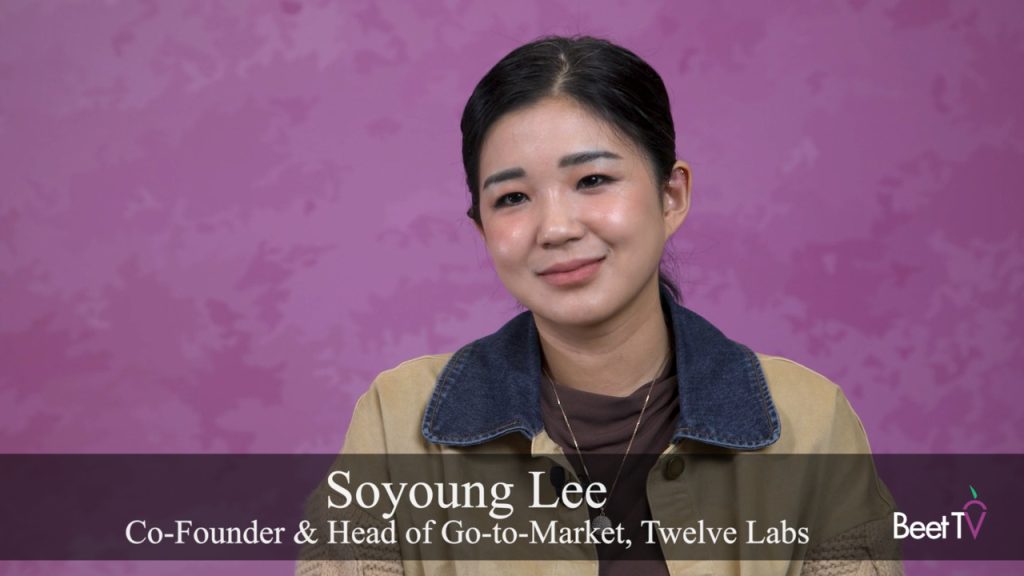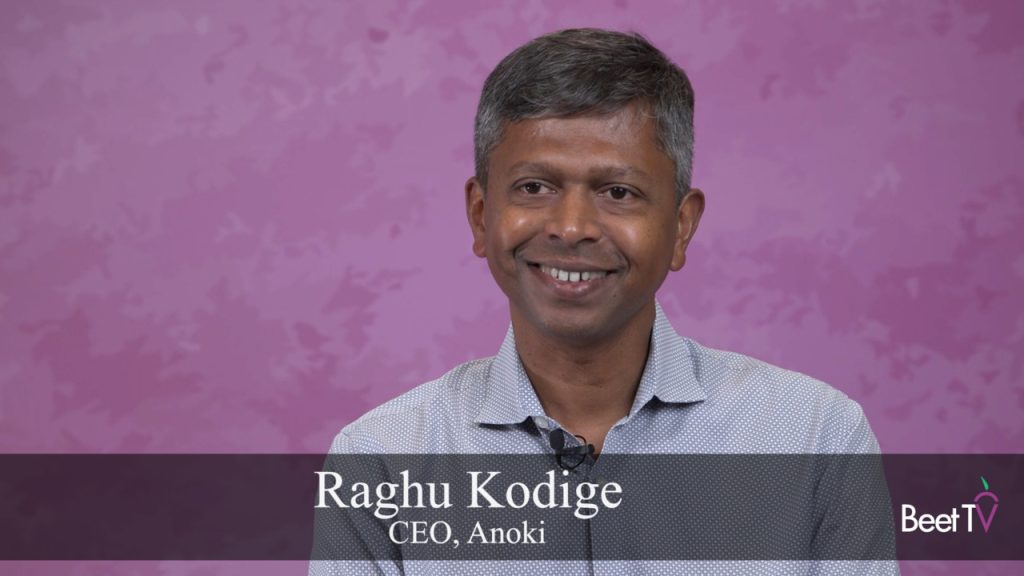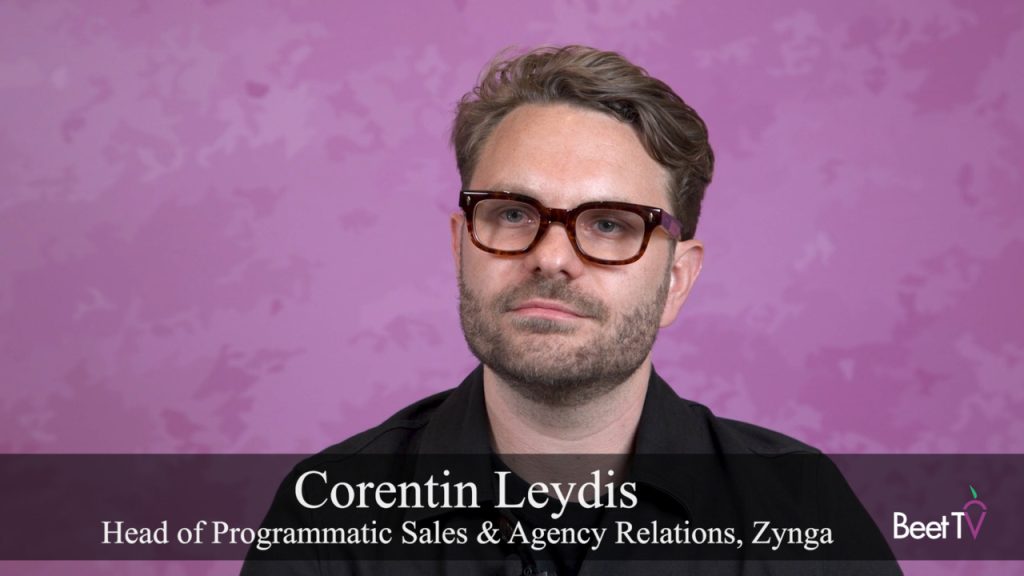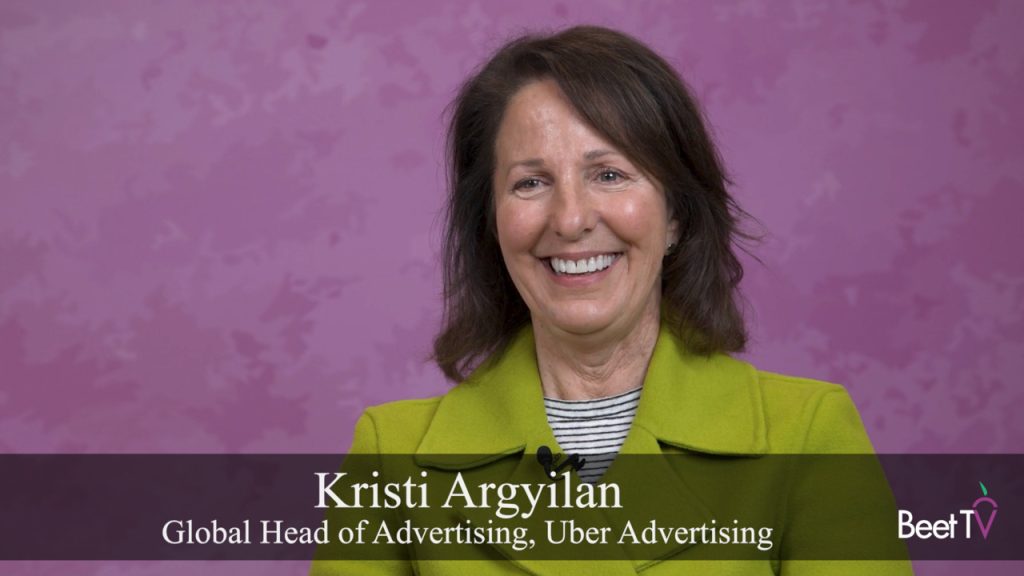LONDON — News publishers traditionally like to keep hold of their own ad sales operations, selling advertisers on their own unique contextual properties. But now we are seeing some of them warm not only to programmatic mechanisms but also to collaborative working.
The Guardian, CNN International, the Financial Times and Reuters are together forming the Pangea Alliance, a shared scheme to pool first-party ad data for ad buyers to target their combined 110 million users in an automated fashion.
The Pangea system is announced by The Guardian, powered by programmatic ad tech platform Rubicon Project and is due to launch in beta in April. Rubicon already powers programmatic operations for several news brands including News Corp. speaking with Beet.TV last year, Rubicon international GM Jay Stevens said automation serves publishers’ “demand for greater efficiency”.
Speaking to me as I interviewed him during a panel at Guardian Changing Summit 2015 in London today, Guardian News & Media deputy CEO David Pemsel said advertisers in the US, where The Guardian is building a business, want to see scale. The Guardian itself reports the launch as a defensive play against dominant ad platforms offered by Facebook, Microsoft and Google.
Pangea will facilitate trading of display ads and ads via trading desks but even including native ads. The Economist is also a launch partner.
Collaborations in the competitive news publisher space are rate, especially amongst the fierce rivalry of the British newspaper market. But last November three local UK newspaper publishers – Johnston Press, Newsquest and Local World – also teamed to launch 1XL, a joint advertising network.






